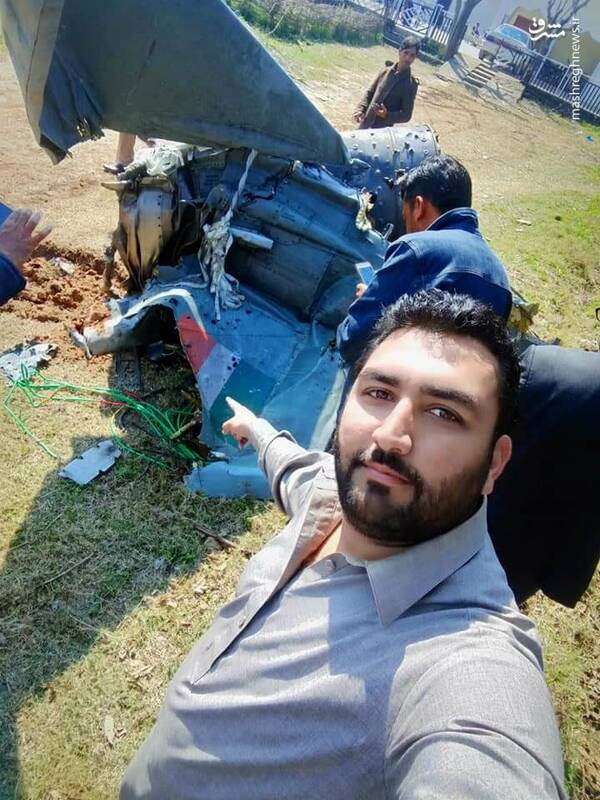RASC News Agency: In a dramatic escalation of military hostilities between two nuclear-armed South Asian rivals, Pakistan’s armed forces announced that they have successfully shot down five Indian Air Force fighter jets following cross-border operations. The aircraft reportedly including three Rafale jets, one Sukhoi Su-30, and one MiG-29 were allegedly targeted and destroyed after conducting aerial maneuvers in Pakistani airspace, particularly over the disputed territory of Kashmir. According to a statement by the spokesperson for the Pakistan Armed Forces, the military engagement was a “measured yet decisive response to India’s airspace violations and unprovoked aggression.” The spokesperson added that Pakistan retains the sovereign right to defend its territorial integrity and will continue to respond proportionally to any further provocations. Diplomatic channels, including a formal communication to the United Nations Security Council, have been activated by Islamabad to raise international awareness about what it described as “a deliberate and escalatory act by New Delhi.”
In parallel, Indian authorities confirmed the loss of one fighter jet in Indian-administered Kashmir and reported that the injured pilot was evacuated to a nearby military facility. Additionally, they acknowledged the deaths of three civilians due to retaliatory shelling by Pakistani forces. Indian officials insist that the air campaign was a targeted counter-terrorism operation aimed at neutralizing militant hideouts allegedly linked to the April attack on tourists in Kashmir, which resulted in 26 fatalities. Pakistan has categorically denied involvement in that incident and accused India of fabricating pretexts for military escalation. The renewed confrontation has rattled financial markets, particularly in India, where the rupee plunged sharply against major foreign currencies. Economic analysts warn that a protracted conflict could disrupt regional trade, deter foreign investment, and destabilize the broader geopolitical environment in South Asia.
Meanwhile, international diplomatic reactions have begun to pour in. The United States, through a statement issued by the Department of State, expressed grave concern over the deteriorating security situation and urged both nations to exercise restraint. U.S. Secretary of State Marco Rubio and the National Security Advisor have reportedly held high-level consultations with senior military and intelligence officials in both India and Pakistan. Washington has emphasized the urgency of maintaining open lines of communication to avoid miscalculations that could spiral into full-scale war. Pakistan’s Ministry of Foreign Affairs condemned the Indian airstrikes as “an unjustified and provocative act of war” and called upon the international community to intervene diplomatically. In contrast, India maintains that its military operation was conducted with precision and restraint, focusing solely on infrastructure allegedly used by terrorist groups planning further attacks on Indian soil.
The gravity of the crisis has brought renewed attention to the long-standing Kashmir dispute a volatile flashpoint that has triggered several armed conflicts between India and Pakistan since their partition in 1947. Analysts warn that the current trajectory of militarization and nationalist rhetoric on both sides risks plunging the region into a deeper, more destructive cycle of violence. As the situation evolves, there is growing concern that without immediate and sustained international mediation, South Asia may be inching closer to the brink of a catastrophic confrontation one that could draw in global powers and destabilize an already fragile international order.






